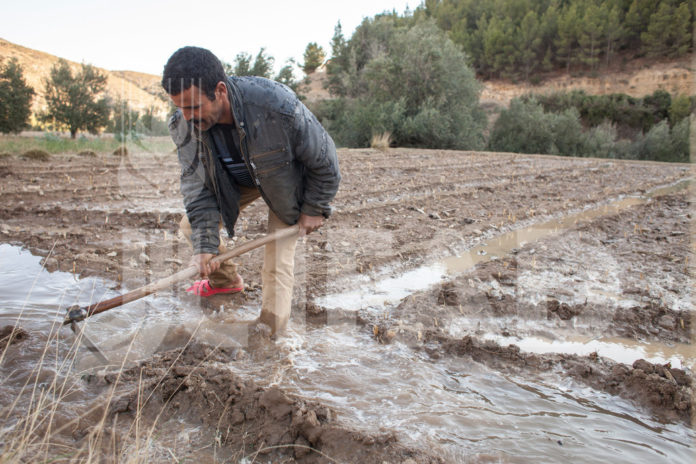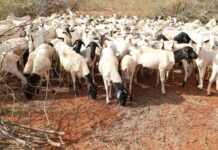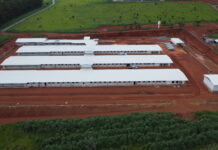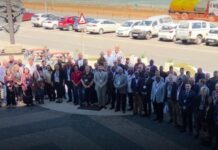The UN’s International Fund for Agricultural Development (IFAD), the Government of Argentina and FONPLATA Development Bank have launched a new rural development project to help smallholder farmers transition to more resilient agroecology-based production while also taking advantage of digital technologies to improve their livelihoods and income. The Promotion of Resilient and Sustainable Agri-food Systems for Family Farming Programme (PROSAF) will have national coverage, although it will prioritize investments in northern Argentina.
The project will be executed by Argentina’s Ministry of Agriculture, Livestock and Fisheries, with a total investment of US$36.1 million ($13.1 million from IFAD, $13.3 million from FONPLATA Development Bank, $6.7 million from Argentina’s Government and a $3 million worth of contributions from beneficiaries).
PROSAF will directly benefit 16,610 rural families living in poverty (around 66,000 people), with a focus on women (40 per cent of beneficiaries), youth (30 per cent) and Indigenous peoples (20 per cent).
“Although Argentina is one of the biggest economies in Latin America, the COVID-19 pandemic has limited its capacity to recover from economic recession and the poverty rate is above 40 per cent. In this context, the debate on food systems has intensified, with growing demand to promote a more resilient, inclusive and sustainable agriculture,” said Marco Camagni, IFAD’s Country Director for Argentina. “The transition to agroecology is one of the main ways to respond to this demand, and the project will enable family farmers to play a key role in this transition.”
Lack of opportunity in the countryside–especially for women and youth–compounded by the effects of climate change are leading to continuing depopulation of Argentina’s rural areas. This is a threat to national food security and could aggravate poverty and economic constraints.
The main problems for the project’s target population are its low resilience capacity, due to inefficient production systems with limited sustainability, the diversification and adaptation to climate change; malnutrition, particularly among the poorest groups; and limited access to markets, innovations and production support services.
In response, the project will finance participatory plans to strengthen rural organizations and networks; support young people’s employment and rural entrepreneurship; promote the development of digital innovations for market access and financial inclusion; and develop alternative ways to connect target groups with local, national and international markets.
PROSAF will also seek to enhance public sector capacity, including strengthening local, regional and national authorities’ ability to supply qualified technical assistance. It will also facilitate dialogue spaces for the formulation of proposals for public investment schemes and policies.
The project will identify priority areas on intervention in which rural poverty overlaps with unmet basic needs; it will work to improve the employment and entrepreneurship skills of rural youth and women, raise access to digital innovations in financing and commercialization services and foster the implementation of agroecological practices. Technical assistance is therefore key to attaining the end goal of building smallholder farmers’ resilience to climate and economic shocks.
Since IFAD started operating in Argentina in the 1980s, the Fund has invested in nine projects with a total value of nearly $ 408.36 million (around $ 142.51million from IFAD funds), benefitting more than 100,000 rural families.








